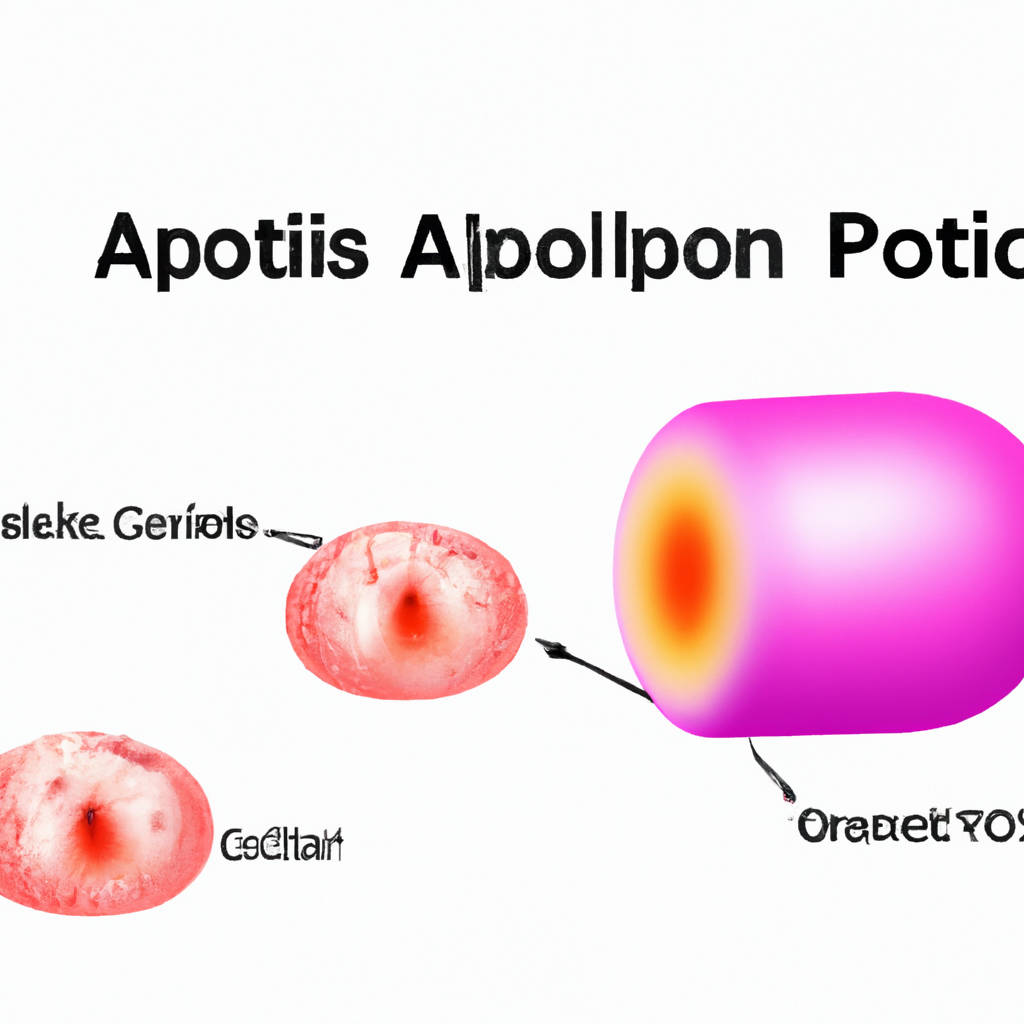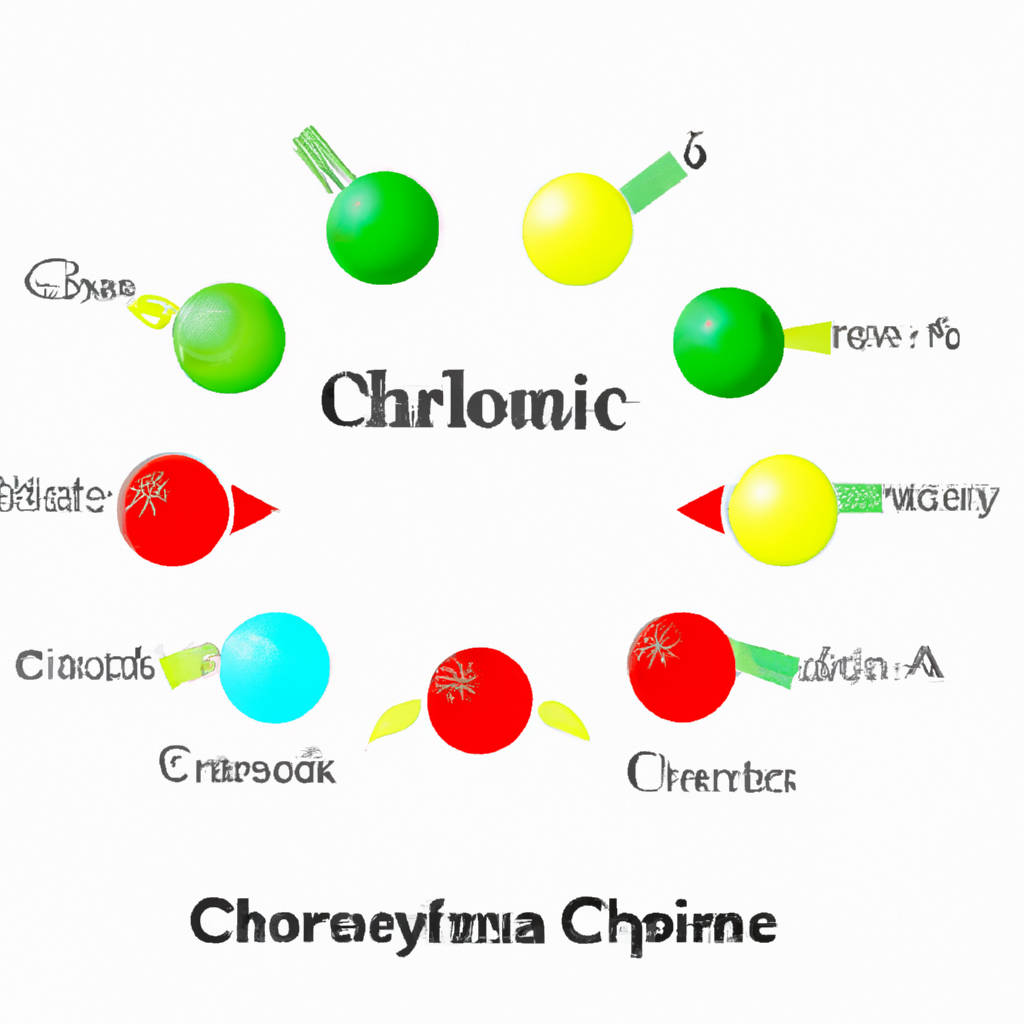Apoptosis, also known as programmed cell death, plays a crucial role in maintaining the balance of cells in the body. This process is essential for the normal development and functioning of multicellular organisms. Apoptosis serves as a mechanism to eliminate unwanted or damaged cells, ensuring the overall health and integrity of the organism. It is a highly regulated process that involves a series of molecular events, ultimately leading to the controlled destruction of the cell. Through apoptosis, cells can be removed without causing inflammation or damage to surrounding tissues, unlike necrosis, which is a more chaotic and uncontrolled form of cell death.
One of the key functions of apoptosis is to eliminate cells that are no longer needed or have become dysfunctional. This can include cells that have completed their normal life cycle, cells that have been infected by pathogens, or cells that have accumulated genetic mutations. By removing these unwanted cells, apoptosis helps to maintain tissue homeostasis and prevent the spread of damaged or infected cells. In some cases, apoptosis can also play a role in shaping the development of tissues and organs, ensuring that they form correctly and function properly.
Another important role of apoptosis is in the regulation of the immune system. Apoptotic cells are recognized and engulfed by immune cells, such as macrophages, which helps to prevent the release of harmful cellular contents and the activation of an inflammatory response. This process, known as efferocytosis, is essential for the resolution of inflammation and the maintenance of immune tolerance. Failure to properly remove apoptotic cells can lead to the accumulation of cellular debris and the development of autoimmune diseases.
In addition to its role in maintaining tissue homeostasis and regulating the immune system, apoptosis also plays a critical role in preventing the growth and spread of cancerous cells. Apoptosis acts as a safeguard against the uncontrolled proliferation of cells by eliminating those that have acquired oncogenic mutations or other abnormalities. Cancer cells often develop mechanisms to evade apoptosis, allowing them to survive and proliferate uncontrollably. Understanding the molecular pathways that regulate apoptosis has led to the development of targeted therapies that can induce apoptosis in cancer cells, helping to suppress tumor growth and improve patient outcomes.
Overall, apoptosis and programmed cell death are essential processes that play a critical role in maintaining the health and integrity of multicellular organisms. By eliminating unwanted or damaged cells, regulating the immune response, and preventing the growth of cancerous cells, apoptosis helps to ensure the proper functioning of tissues and organs. Continued research into the molecular mechanisms of apoptosis will further our understanding of this fundamental process and may lead to new therapies for a variety of diseases.

Cytochrome c in Cellular Signaling Pathways
Cytochrome c is a small heme protein that plays a crucial role in cellular signaling pathways. It is primarily known for its role in the electron transport chain, where it shuttles electrons between complex III and complex IV to help generate ATP. However, recent research has uncovered its involvement in other cellular processes, particularly in cell death and survival pathways. In apoptotic pathways, cytochrome c is released from the mitochondria into the cytoplasm in response to various cellular stresses.
Once in the cytoplasm, cytochrome c binds to apoptotic protease activating factor-1 (Apaf-1) and forms the apoptosome complex, which then activates caspases and initiates the apoptotic cascade. On the other hand, cytochrome c has also been shown to participate in cell survival pathways by interacting with anti-apoptotic proteins like Bcl-2 and Bcl-xL. These interactions can prevent the release of cytochrome c from the mitochondria and inhibit apoptosis. Additionally, cytochrome c has been found to regulate cell cycle progression by interacting with proteins involved in cell cycle checkpoints.
Dysregulation of cytochrome c signaling has been implicated in various diseases, including cancer, neurodegenerative disorders, and cardiovascular diseases. Understanding the complex roles of cytochrome c in cellular signaling pathways is crucial for developing targeted therapies that can modulate cell survival and death processes. Further research into the molecular mechanisms underlying cytochrome c signaling will provide valuable insights into the development of novel treatments for a wide range of diseases.
Involvement in Oxidative Stress Response
Involvement in oxidative stress response is crucial for maintaining cellular homeostasis and preventing damage to biological molecules. Oxidative stress occurs when there is an imbalance between the production of reactive oxygen species (ROS) and the ability of cells to detoxify these harmful molecules. The body has a complex network of antioxidant defense systems that work together to neutralize ROS and repair any damage that may occur.
One key player in this response is the transcription factor Nrf2, which regulates the expression of genes involved in antioxidant defense. When cells are exposed to oxidative stress, Nrf2 is activated and translocates to the nucleus where it binds to antioxidant response elements in the DNA, leading to the upregulation of antioxidant enzymes such as superoxide dismutase and catalase. Additionally, the glutathione system plays a critical role in protecting cells from oxidative damage by scavenging ROS and maintaining a reducing environment within the cell.
Involvement in oxidative stress response is not only essential for maintaining cellular health, but it is also implicated in various diseases such as cancer, neurodegenerative disorders, and cardiovascular diseases. Understanding the mechanisms involved in oxidative stress response can provide valuable insights into developing therapeutic strategies to combat these diseases and improve overall health and well-being. By promoting the activation of antioxidant defense systems and reducing oxidative damage, individuals can support their body’s ability to maintain cellular integrity and function properly.

Contribution to Metabolic Regulation
Metabolic regulation is a complex process that involves the coordination of numerous pathways and interactions within the body to maintain homeostasis. One of the key factors in metabolic regulation is the contribution of various enzymes, hormones, and other molecules that help to control the flow of energy and nutrients throughout the body. Enzymes play a crucial role in metabolic regulation by catalyzing the chemical reactions that break down nutrients into usable energy and building blocks for cellular processes.
Hormones such as insulin and glucagon help to regulate blood sugar levels by signaling cells to take up or release glucose as needed. Other molecules, such as ATP and NAD+, serve as important cofactors in metabolic reactions, helping to drive energy production and utilization. Additionally, the coordination of different metabolic pathways, such as glycolysis, the citric acid cycle, and oxidative phosphorylation, is essential for maintaining energy balance and supporting cellular functions. Overall, the contribution of various molecules and processes to metabolic regulation is vital for ensuring that the body has a constant supply of energy and nutrients to support growth, repair, and other physiological functions.
Cytochrome c as a Diagnostic and Therapeutic Target
Cytochrome c, a crucial protein involved in the electron transport chain within mitochondria, has been increasingly recognized as a potential diagnostic and therapeutic target in various diseases. Its role in cell death pathways, such as apoptosis, makes it a promising candidate for the development of novel treatment strategies.
In cancer research, cytochrome c levels have been found to be dysregulated, leading to abnormal cell proliferation and resistance to chemotherapy. By targeting cytochrome c, researchers aim to restore normal cell death processes and enhance the effectiveness of existing cancer therapies. Additionally, cytochrome c has been implicated in neurodegenerative disorders, such as Alzheimer’s and Parkinson’s disease, where mitochondrial dysfunction plays a key role in disease progression. By modulating cytochrome c levels, researchers hope to mitigate neuronal cell death and slow the progression of these debilitating conditions.
Furthermore, cytochrome c has been identified as a potential biomarker for certain diseases, allowing for early detection and monitoring of disease progression. By developing diagnostic tests that measure cytochrome c levels in patient samples, healthcare providers can more accurately diagnose and treat a variety of conditions. Overall, the targeting of cytochrome c in both diagnostic and therapeutic applications represents a promising avenue for improving the management of various diseases and advancing personalized medicine approaches. Further research in this area is critical to fully understand the potential benefits and limitations of targeting cytochrome c in clinical practice.

Final Thoughts
As we come to the end of our discussion, it is important to reflect on the points that have been raised and consider how they may impact our lives moving forward. It is crucial to remember that our actions have consequences and that we must always strive to make choices that align with our values and beliefs. While there may not always be a clear-cut answer to every situation, it is essential to approach each decision with careful consideration and thoughtfulness. It is also important to remember that we are all human and that we are bound to make mistakes from time to time.
What matters most is how we choose to learn from these missteps and grow as individuals. In the end, it is our integrity and character that will define us and guide us on the path towards living a fulfilling and meaningful life. Let us take the time to reflect on the lessons learned and the insights gained from our discussion, and let us use this knowledge to make positive changes in our lives and in the world around us. As we move forward, let us strive to be mindful of the impact of our actions and to always act with compassion, empathy, and understanding towards ourselves and others. Thank you for engaging in this discussion, and may we all continue to learn and grow together on this journey called life.
